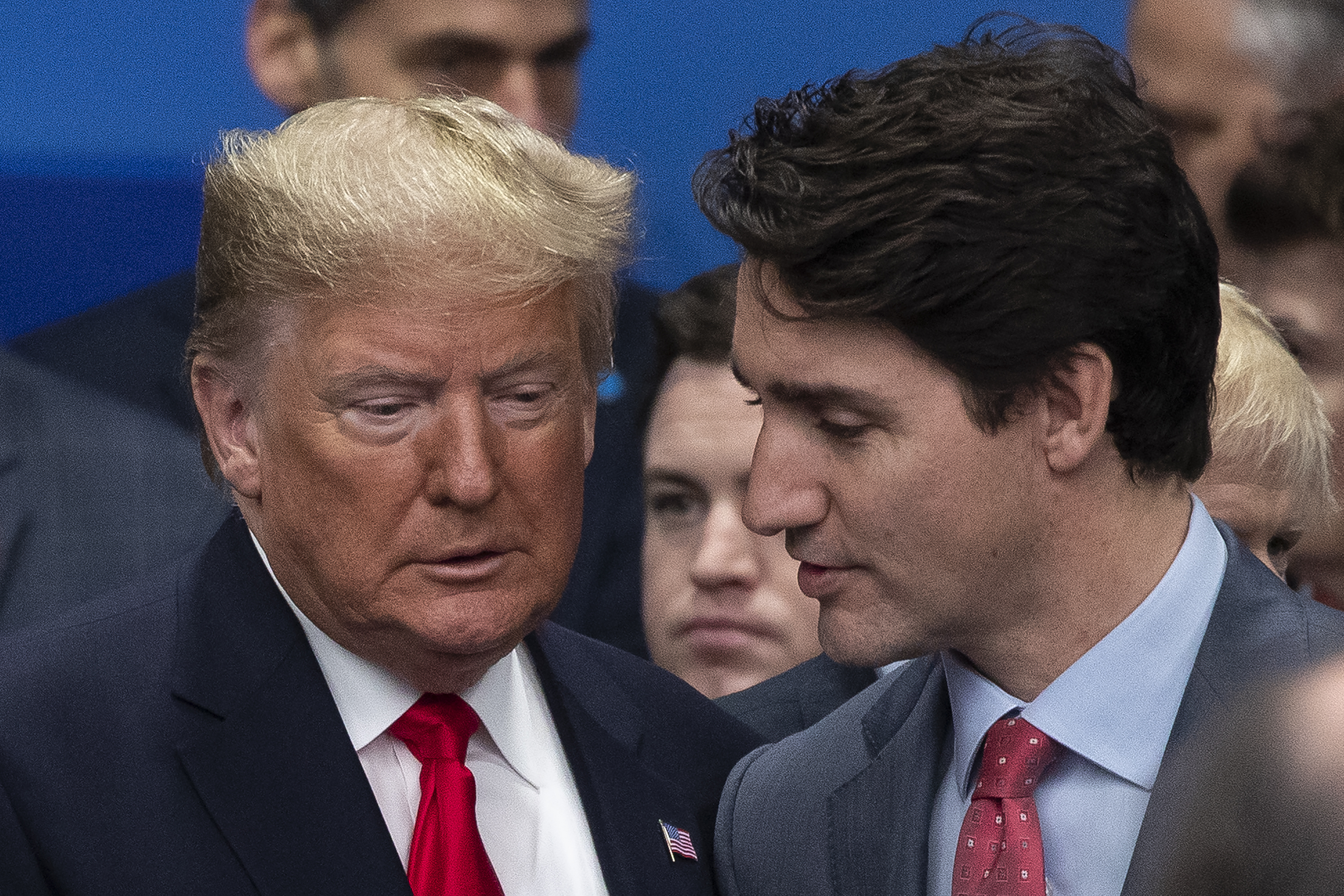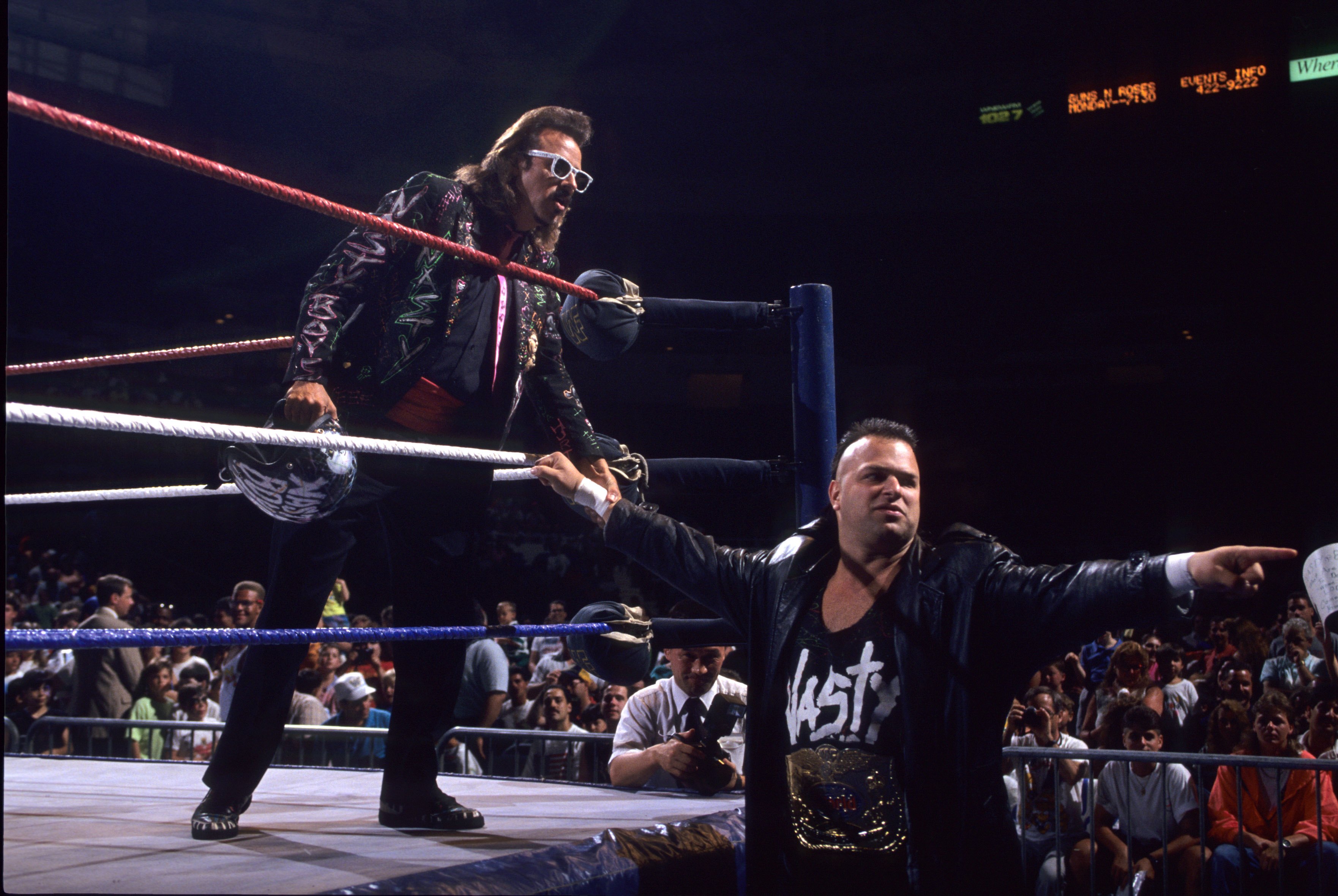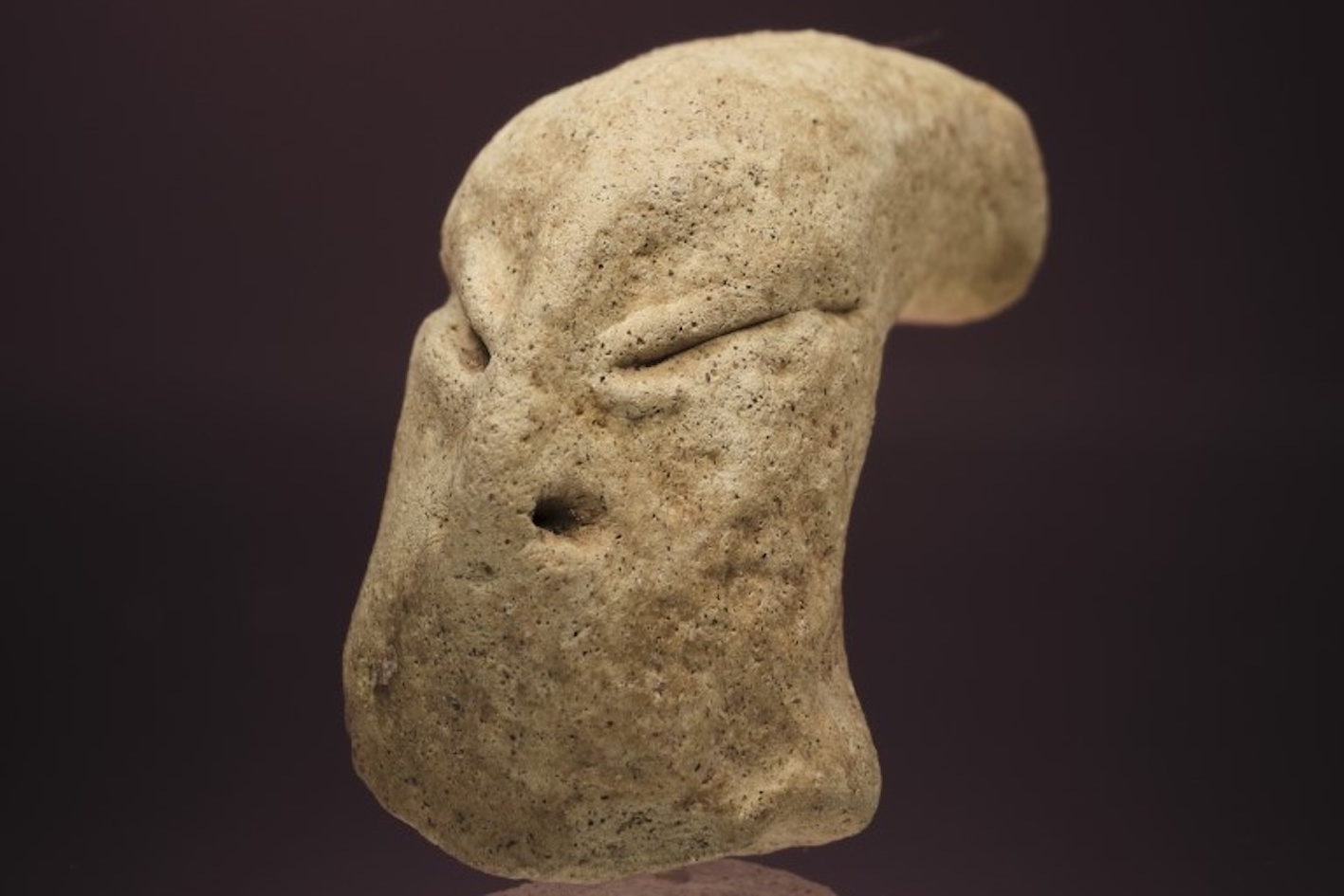Democratic Congressman Ro Khanna and former Representative Matt Gaetz reached a rare bipartisan agreement on Friday after Khanna proposed banning super Political Action Committees (PACs) and corporate PAC money from the Democratic National Committee.
Gaetz, a Florida Republican, backed the proposal, suggesting it should apply to both parties.
Khanna, a Democrat from California known for his efforts to minimize corporate influence in politics, shared his vision for the DNC in a post on X (formerly Twitter).
"The next DNC chair should make two things clear: No super PAC money in Democratic primaries and not a dime of corporate PAC money for the DNC," he wrote. "That is a basic first step to ensure our party represents working and middle-class Americans."
Gaetz, a staunch conservative and frequent critic of Democratic policies, responded in agreement, stating in a post: "Both parties should do this, actually."
Although Khanna and Gaetz often occupy opposite ends of the political spectrum, their shared criticism of PAC influence underscores a growing concern about the role of money in elections. Khanna's track record includes rejecting PAC contributions throughout his congressional career, a stance he has repeatedly emphasized while advocating for broader campaign finance reform.
In 2022, Khanna and Representative Dean Phillips, a Democrat from Minnesota, reintroduced the "No PAC Act," legislation designed to prohibit congressional candidates from accepting contributions from PACs and to eliminate leadership PACs, which often serve as tools for funneling large donations from special interests.
"Our political process shouldn't be up for sale," Khanna said at the time.
Similarly, Gaetz, who recently withdrew his name from consideration to be attorney general, has been a vocal critic of his party's reliance on big donors, often rejecting contributions from major funders. For example, in the first quarter of 2023, Gaetz raised approximately $675,000, with more than $480,000 coming from small individual donations of less than $200 each.

Khanna's remarks come at a time when campaign financing is under intense public scrutiny. As of November 18, 2024, super PACs have reported total receipts of approximately $4.29 billion and independent expenditures of about $2.73 billion for the 2023–2024 election cycle, according to OpenSecrets, a Washington-based nonprofit that tracks campaign finance and lobbying data.
This also coincides with a surge in fundraising by super PACs backed by the cryptocurrency sector, which have set a record by raising more than $102 million. This figure is the third-highest among all super PACs involved in the 2024 election, trailing only the super PAC supporting Ron DeSantis' failed presidential campaign and the one backing Democratic Senate candidates.
Khanna's fundraising data reflects his commitment to individual donations. Like Gaetz, he has avoided PAC contributions. For the 2023–2024 election cycle, 94.55 percent of Khanna's campaign funds have come from large individual contributions, with no PAC involvement.
Despite their brief social media agreement, meaningful reforms remain elusive. The Supreme Court's 2010 Citizens United decision, which upheld the legality of unlimited independent political spending by corporations and unions, continues to be a significant obstacle to overhauling campaign finance laws.




















 English (US) ·
English (US) ·